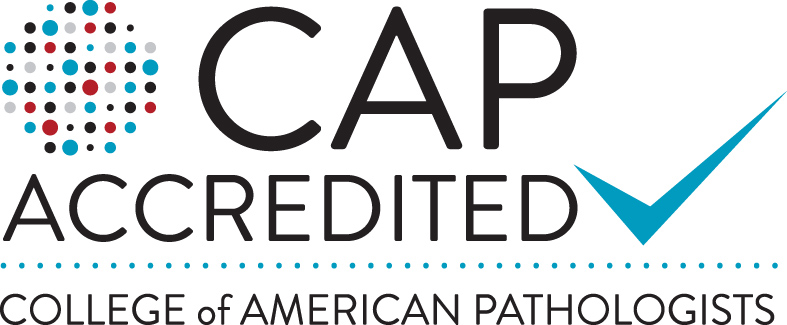With over 99% mouse gene homologs in humans, mouse models provide valuable insights into the pathogenesis and treatment of human diseases like cancer, diabetes and obesity. For host-microbiome interactions, mice models have been instrumental in understanding the microbiome’s role in angiogenesis, nutrition, and immune function. As microbiome research advances towards clinical trials and human therapies, mouse models are expected to become increasingly important to understanding disease states and identifying biomarkers for treatment.
Mice are a perfect model to examine host-microbiome interactions, especially considering that many variables can be controlled, including genetic background, feed, even microbial community composition. For example, researchers from the Anderson Cancer Center demonstrated the “effects of antibiotics on gut and vaginal microbiomes associated with cervical cancer development in mice.” These researchers found that antibiotic treatment in mice will alter the composition and diversity of the vaginal microbiome while also influencing cervical cancer development. Further, this research highlighted the protective importance of a healthy microbiome and identified several beneficial taxa, including Bacteroides, Ruminococcaceae and Lachnospiraceae, that increased in abundance with antibiotic exposure – decreasing the chances of tumor development. However, methods for mouse microbiome research are limited by the level of taxonomic and functional resolution and sensitivity, thus preventing deeper insights into host-microbe interactions.
Characterizing the taxonomic and functional profiles of microbial communities is difficult due to the lack of available tools dedicated to mouse-microbiome research. While genetically similar to humans, the difference in mouse microbiome compositions makes available microbial reference databases, which comprise mainly human microbes, poorly suited to analyzing mouse microbiome data. The lack of coverage of mouse microbes can introduce taxonomy bias while potentially missing certain mouse microbes completely.
To overcome these limitations, Diversigen’s team of scientists developed MetaGene™ Mouse, a comprehensive service that overcomes translational mouse model research gaps by combining optimized pre-analytical steps, including DNA extraction and sequencing, with tailored analytics based on our curated database to provide strain-level resolution and functional characterization of the mouse microbiome. Our optimized methods ensure efficient DNA extraction from mouse fecal samples for metagenomics shotgun sequencing and analysis. Leveraging over 1,100 high-quality mouse-specific bacterial genomes, our curated database generates taxonomic and functional information with improved sensitivity and specificity not attainable with other mouse microbiome platforms.
Watch Dr. Eric Smith discuss MetaGene Mouse here
Are you interested in advancing your mouse model research? Contact us at info@divesigen.com to speak with a mouse microbiome expert and discuss your animal model research goals.
Want to learn more?


